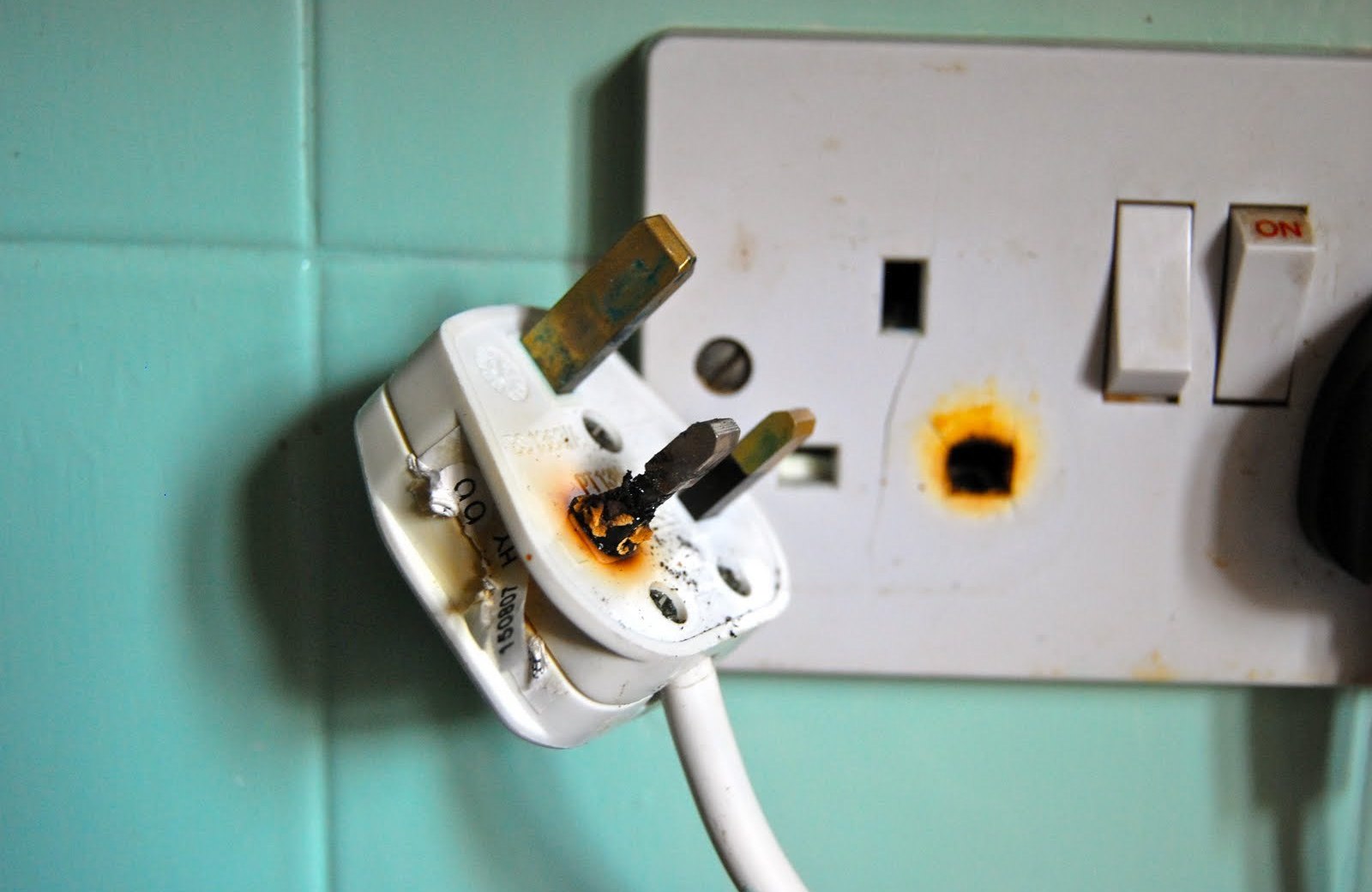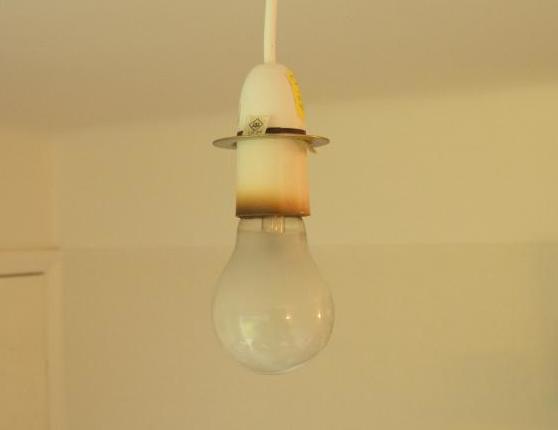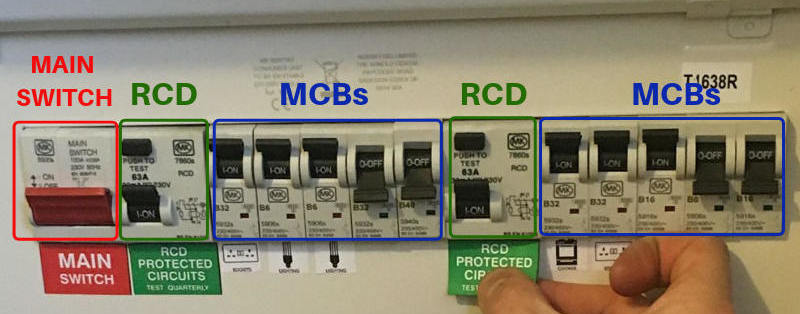Is your electrical installation safe?
Posted on 31st March 2020 at 18:54
Making sure your electrical installation is safe for continued use is a very important matter. Not only will it help reduce the risk of electric shock but it will also reduce the chances of electrical ans appliance related fires.
Read below for some helpful hints and things to lookout for around the home that could be early indicators of an electrical fault.
It is highly recommended that you should have your electrical installation checked by a fully qualified and registered electrician. You will be issued with what is known as an Electrical Installation Condition Report, detailing whether it is satisfactory or not and any improvements that can be made to improve upon its safety. In your own home it is recommended that this be carried out every 10 years, however, if you are a landlord renting the property out this should be done every 5 years.
This doesn’t mean that there aren’t some checks that you could carry out yourself!
Here are some simple visual checks and manual tests you can be doing on a regular basis to keep an eye out for any early warning signs of an electrical fault:
• Check all sockets and switches for damage such as cracks or signs of overheating. The most obvious sign of thermal effect is scorching/melting around the slots for the plug pins. This could be caused by overloading the socket or possibly a loose connection.

• Check the flexible cables on any appliances/extension leads you have plugged in or use regularly to ensure they are not damaged or overheating. Particularly any leads you may have running along the floor.
• Check for overheating of electrical equipment such as the lamp holders on your fittings and the plug tops of any equipment you may have plugged in. Again, you will notice discoloration and warping. It may also be accompanied by a strong, often fishlike, smell.

If you find any of the above, I recommend you unplug the appliance, take out the lamp or stop using the affected socket/switch immediately and seek further advice from a competent person.
• Test your RCD Units every 6 Months.
This should be part of your Consumer Unit (Fusebox) however some older Consumer Units do not have them as they were not a requirement in older installations. I have attached an image of a modern Consumer Unit for reference.

To test the RCD Unit first turn off all the MCB’s (Circuit Breakers) then push the black button on the RCD, usually labelled either ‘T’ or ‘Test’. This should make the ‘On’ switch on the RCD Unit trip to the ‘Off’ position. If it does this, proceed to turn the RCD back on first followed by the MCB’s one by one. If it does not trip, seek advice from a competent person.
If you are unsure or confused about the location, type or suitability of your consumer unit please feel free to get in touch. I will be doing another blog going more in depth into consumer units soon!
• Test your smoke alarms!
This is something that most of you will hopefully be familiar with. Smoke alarms are an important part of the electrical installation however it has recently been reported that 25% of attended domestic fires did not have any smoke detectors in place.
It is now recommended that smoke detectors are connected to your electricity supply as well as having a battery backup. This reduces the risk of a smoke detector losing power making it redundant.
Whatever smoke detection system you have in place it should be tested monthly to ensure that it is in a good working order. Remember, these things can save lives!

All smoke detectors should have a built-in test button, simply press it and the detector should sound for few seconds. If your smoke detectors are hardwired into your electrical installation they should be interlinked, meaning if you set one off all the others should sound off at the same time. This ensures the alarm can be heard at any point in the premises no matter where the fire originates.
If you have no smoke detectors or they are not working I strongly recommend you seek professional guidance from a competent person.
I hope some of this information has been useful to, please feel free to get in touch with any questions or queries, we are always happy to chat about any concerns or issues you may have regarding electrical safety. Stay safe everybody!
Tagged as: Electrical Installation
Share this post:

